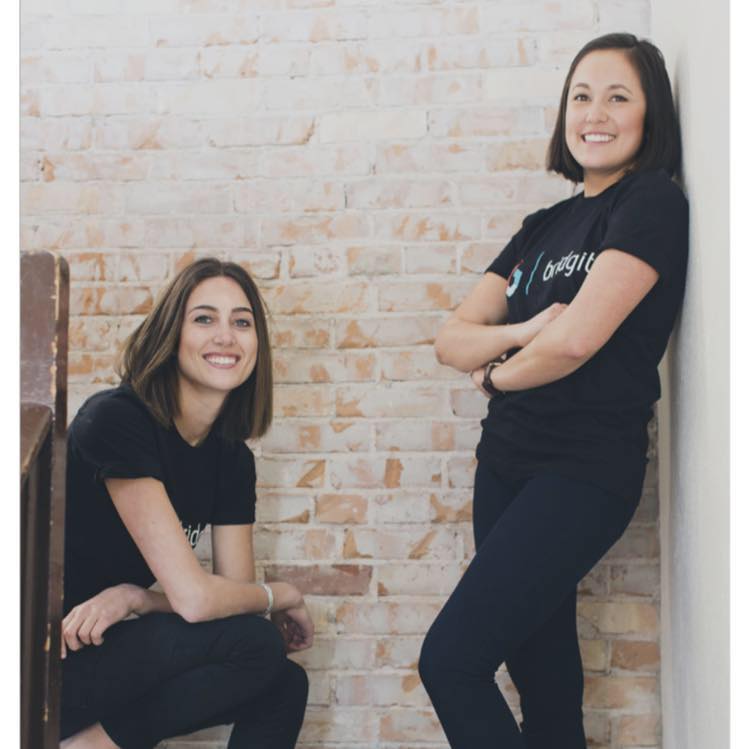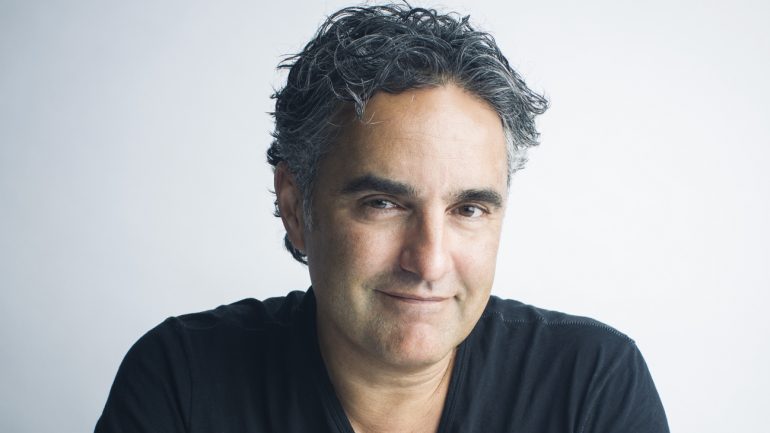Round 13 Capital has officially closed its $95 million fund to invest in Canadian growth-stage companies.
In July 2016, BetaKit reported that Round 13 had raised $35 million for its fund. Lavalife co-founder and Round 13 managing partner Bruce Croxon announced that the company had raised $85 million by BetaKit 150 in June, saying that it was a “tough haul, but we’re ready to rock.”
The fund, led by Croxon and tech investor John Eckert, is dedicated to supporting companies that are focused on scaling sales and marketing operations.
“They have a product, they have customers, they developed a good understanding of where those customers come from and how much it costs them to get them,” said Croxon. “We want to know that 80 percent of our cheque will go into getting a whole pile more of those customers — ideally through the same channels on roughly the same economics they’ve proven out already.
Round 13’s board includes Axonify founder Carol Leaman, Shopify co-founder Scott Lake, and Clearnet Communications founder Bob Simmonds.
“We’re set up to back teams, not control companies. If you get to a stage where you can take a $3 million cheque and not have to give up control, it generally implies that you’re far enough along to be able to demonstrate enough value to be able to do so.”
“This is going to be the best period in my history as an entrepreneur to invest in this country.”
The majority of the fund was raised from high net worth investors and family offices, with the rest of the fund raised from pension fund LiUNA and National Bank. The fund is looking to invest $1 million to $5 million in companies, and has so far invested in companies like Bridgit, TouchBistro, and Statflo.
“As a fast-growing company, we needed value beyond just money to make sure we made the right decisions. We chose Round13 to lead our seed funding round because we needed smart money, and a true partner,” said Kevin Gervais, co-founder of Statflo. “Bruce and the team are business operators themselves, and they rolled up their sleeves to provide intros, mentorship and candid feedback that has helped us double our revenue in the last seven months.”
While most of its investments so far have been B2B SaaS companies, Croxon says that’s a “coincidence” and that the fund is open to any type of business; because of its mandate to invest only in Canada, they have to be.
“Given that our strategy is to lead, I’m predicting that most of our deals will be in the Waterloo, Montreal, or Ottawa; but if you’re going to restrict yourself to Canada, you have to stay pretty flexible. Not only because technology’s changing very quickly, but if you’re not including the States in your deal flow, there are only so many deals to do,” Croxon says.
Asked why they choose to focus on Canada, Croxon says that there is “more than enough” to do here.

“This is going to be the best period in my history as an entrepreneur to invest in this country for a whole pile of reasons,” he said. “We’re getting second and third-time entrepreneurs coming through the system now, people are coming home, people feel more welcome here, we need talent, and I think we’re going to get more than our share now thanks to our buddy south of the border.”
As US-based tech companies like Uber face backlash for perpetuating toxic workplace cultures, Canada is increasingly being looked at as a top contender for tech workers interested in an environment that has expressed more openness to global tech talent, and a desire to supporting marginalized groups.
When asked if he believes investors are becoming more involved with the culture of the companies they invest in, Croxon — as a past entrepreneur — said that he’s “always” been of the belief that culture is the single most important determinant of whether a company is successful. He implied as much at BetaKit 150, when he said that while Uber founder Travis Kalanick had the skill to grow the business, he was missing the emotional intelligence to grow a culturally healthy company.
“There’s all different types of skill. He didn’t have the emotional intelligence skillset to grow a large company that involves gender equality, and all of the things that are appropriate for growing a world class firm,” Croxon said at the time. “That’s a skill. And I don’t think he’s gonna change. It’s appropriate he’s not there.”
In his interview with BetaKit, Croxon doubles down on the idea.
“I don’t care how good the idea is. If you’ve got cultural issues, and you’re not aligned, there’s a very good chance that company’s going to fail. I think it’s coming to the fore, but I’m totally happy and comfortable that it is because I’ve had that belief from the time that I’ve been in business,” he said. “Without a culture that takes into account the issues that are important to people, it is not sustainable.”
BetaKit is a production partner on BNN’s The Disruptors, which features Bruce Croxon as co-host.


